House Budget Committee Holds Hearing Titled “The Congressional Budget Office’s Budget and Economic Outlook"
Yesterday the House Budget Committee held a hearing titled “The Congressional Budget Office’s Budget and Economic Outlook.” The hearing welcomed the Congressional Budget Office (CBO) Director Phillip Swagel to answer questions on the recent CBO baseline while also exploring ways to improve their accuracy, transparency, and internal structure to serve the Congressional budget process better.
Word on the Street:
Chairman Arrington (R-TX):
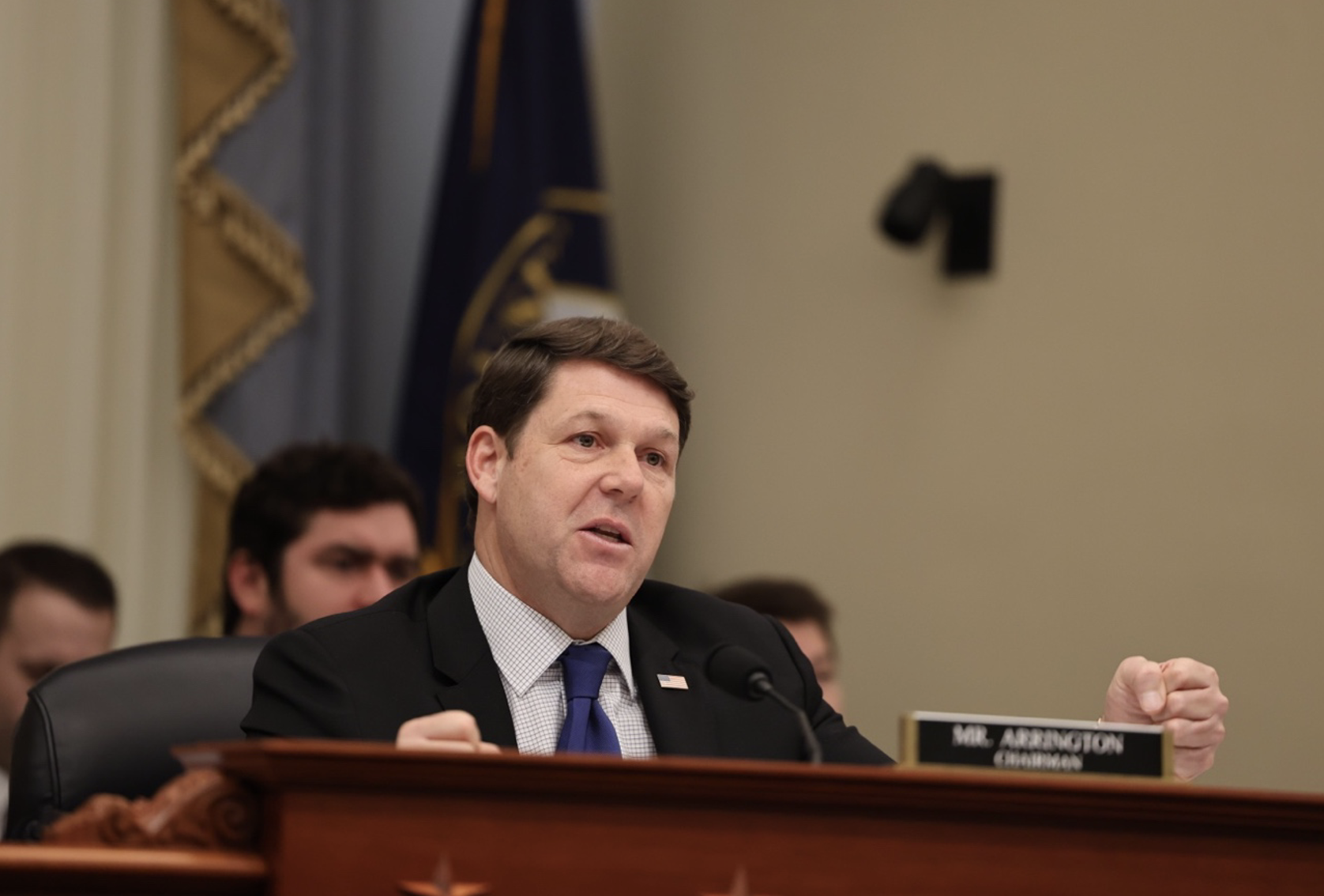
Click HERE to watch Chairman Arrington Deliver Opening Statements.
“If we could keep doing the FRA-like modest improvements, controlling spending on discretionary, and get serious about reining in this runaway spending on the mandatory side, we might save this country. We might give Jerome Powell something to be more confident and sanguine about with respect to America's fiscal future.”
Rep. Blake Moore (R-UT):
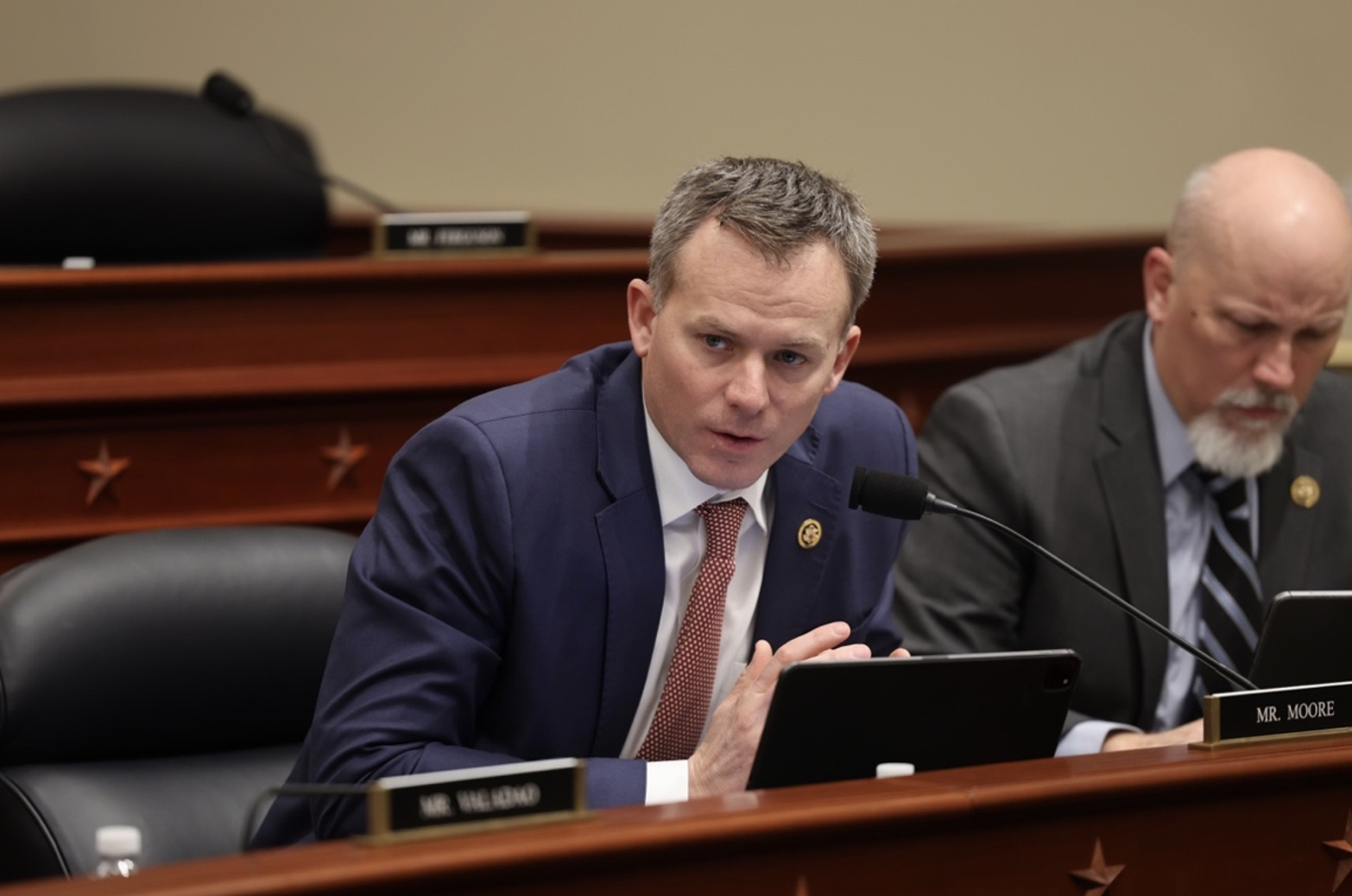
Click HERE to watch Rep. Moore’s Statements
“The CBO’s updated baseline shows that House Republicans have taken our opportunity in the majority and been effective in forcing the Biden administration to agree to lower federal spending. Unprecedented levels from 2021 and 2022, by winning back that majority, we were able to put a clamp on that. That’s a positive.
CBO is now projecting that the federal government will spend 10 percent less on discretionary spending over the next decade, largely due to the Fiscal Responsibility Act that was passed last summer. That’s significant, and that’s a significant conservative win…even while we have a lot more work to do.”
Health Care Task Force Chair Rep. Michael C.Burgess (R-TX):
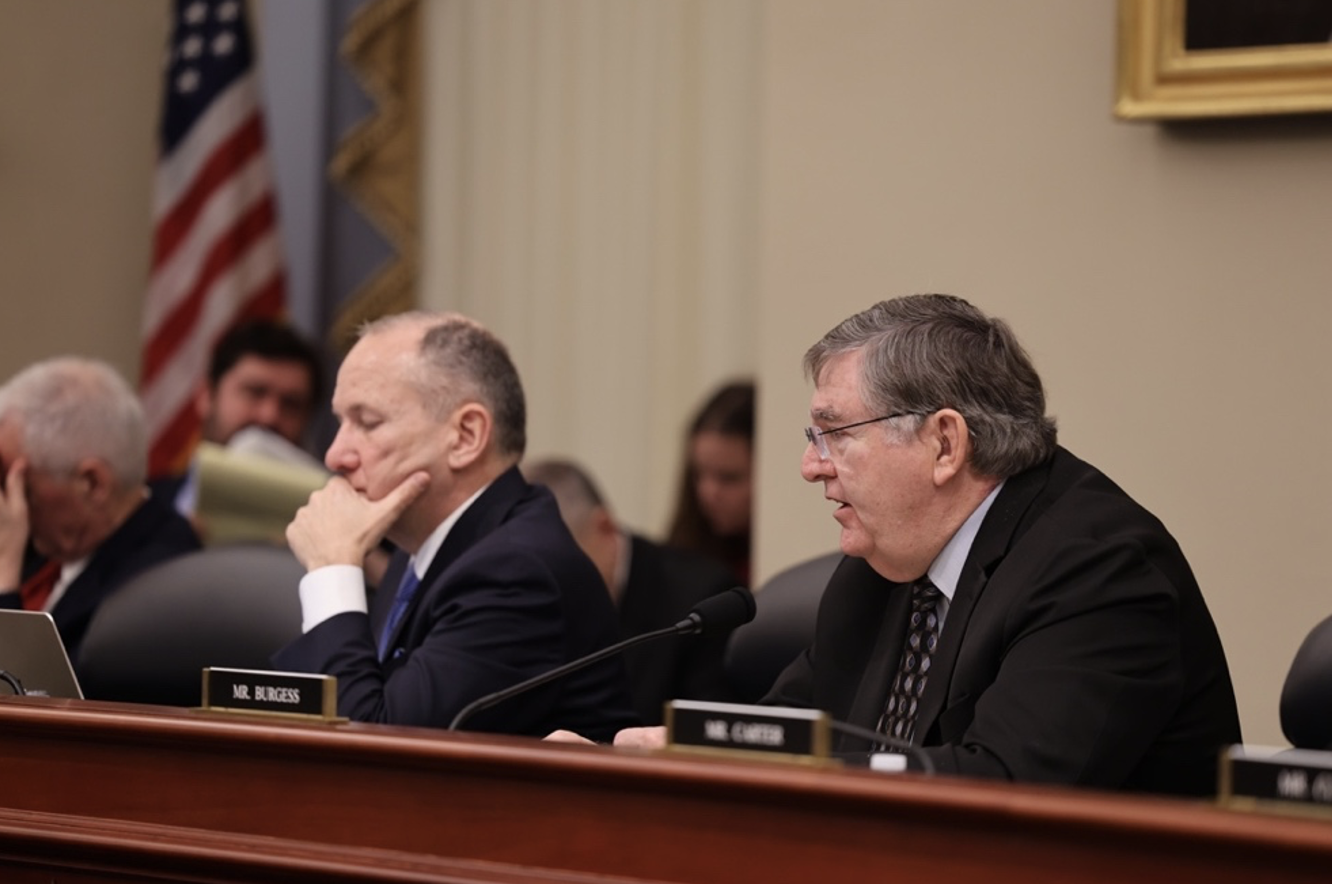
Click HERE to Watch Health Care Task Force Chair Rep. Burgess’ Statements
“The linkage between the vast increase in federal spending and the occurrence of inflation, which then subsequently impacted the inflation rate that has now come back to visit us in the form of higher interest rates, higher interest rates on the national debt, to the point that interest rates on the national debt, for the first time in history, will eclipse spending on national defense, is a point people should not overlook. I mean, this was an intentional act that caused this.”
Rep. Glenn Grothman (R-WI):
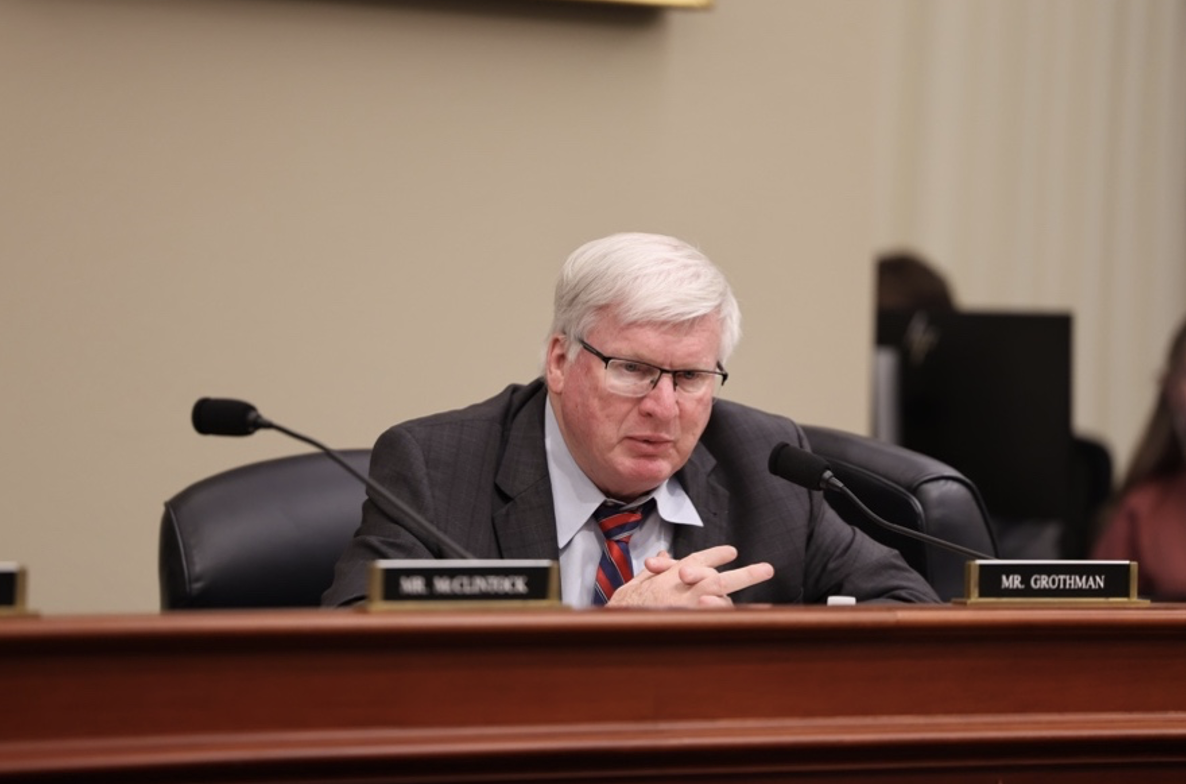
Click HERE to see Rep. Grothman’s Statements
Grothman: “It currently seems to be we pay people not to work… Do you feel all these programs are conditioned upon not working too hard, and they're all conditioned to a degree on working less? Do you think that it is a little bit of a drag on the American economy to paying all these people not to work?”
Swagel: “Yeah, that affects participation, that affects the labor force, and affects the economy.”
Budget Process Reform Task Force Chair Rep. Rudy Yakym (R-IN):
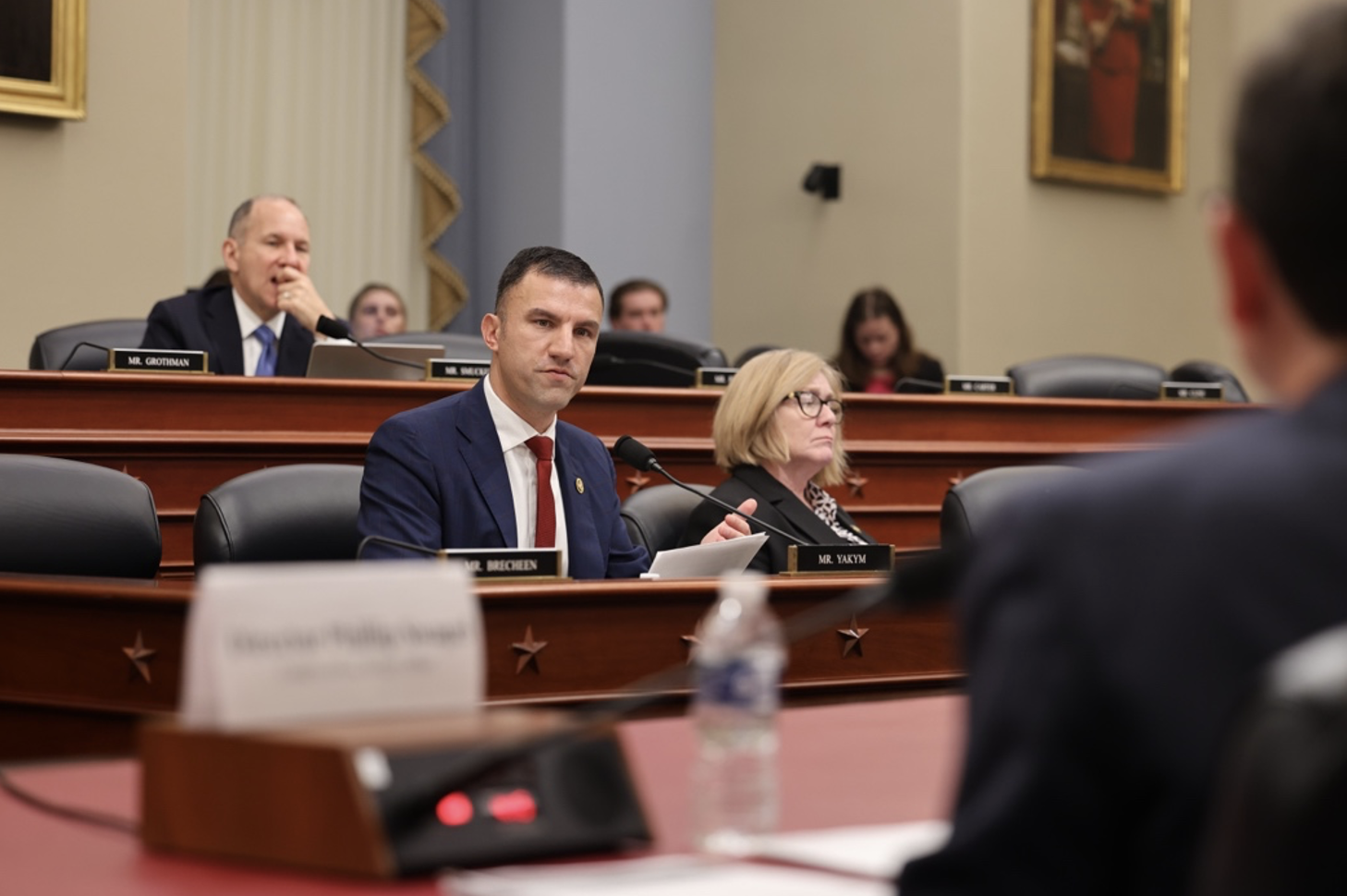
Click HERE to see Rep. Yakym’s Statements
“This year’s baseline does show some concerning figures about the fiscal state of our nation. Our nation currently sits at 34.2 trillion of debt, or 122% of GDP. And over the next decade, the CBO expects this figure to grow to 54.4 trillion or 130 percent of our GDP.
Additionally, this year’s baseline shows multiple government trust funds going insolvent over the next decade. For example, the CBO projects that the old age and survivors insurance trust fund, which funds the majority of social security, will become insolvent by 2033, which would result in an automatic 25 percent cut for social security recipients. If we do nothing, we will have an automatic 25 percent cut for social security recipients.”
Rep. Tom McClintock (R-CA):
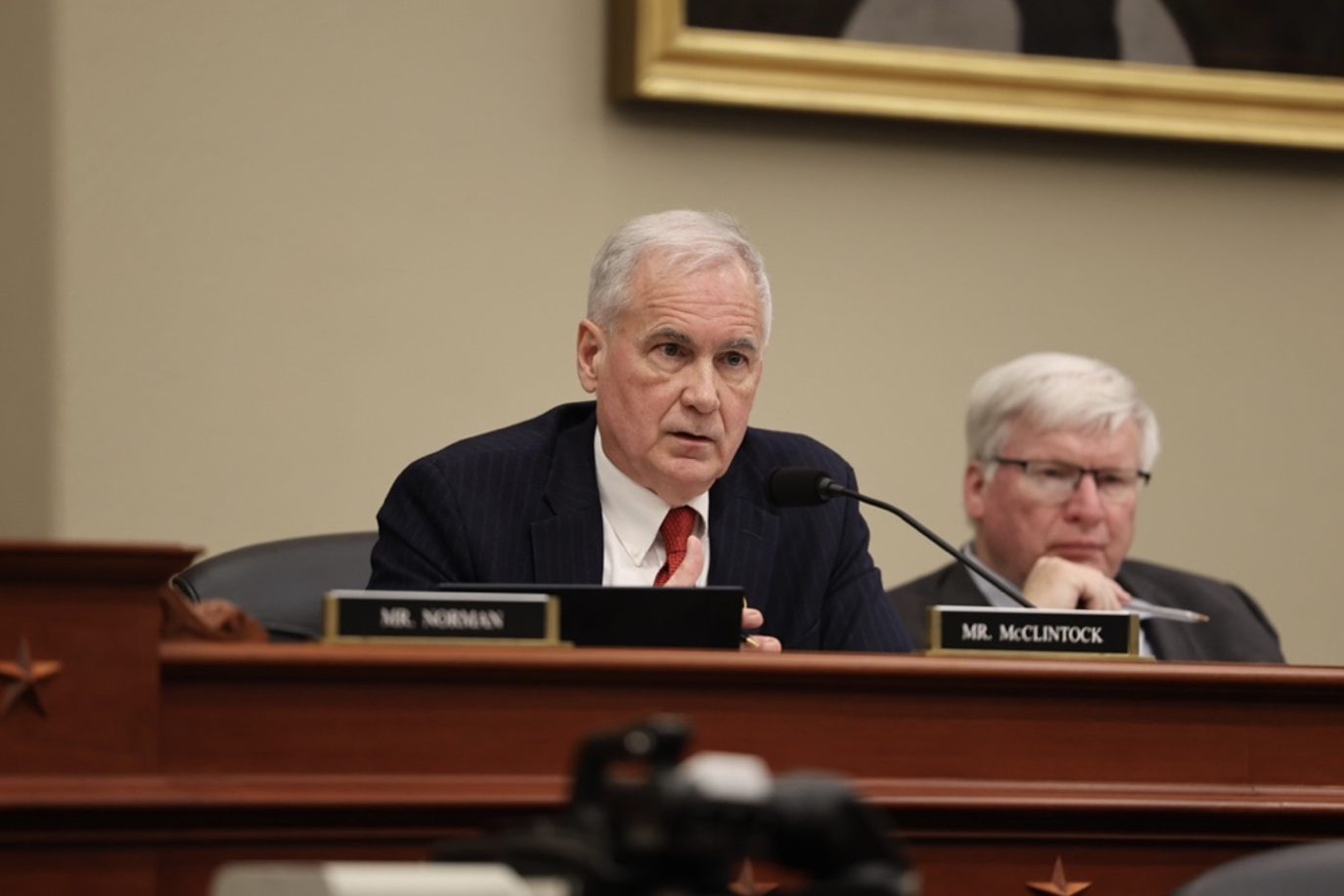
Click HERE to see Rep. McClintock’s Statements
McClintock: “Your testimony is that the more people that are working, the greater, the economic output…but since illegal immigrants are generally lower wage workers and we are flooding the labor market with them, what does that do to the wages for working Americans?”
Swagel: “The new immigrants who tend to go into industries that have relatively low productivity will lower the productivity of the country as a whole and lead to lower wages, on average.”
McClintock: “Lower wages for working families?”
Swagel: “That’s right.”
Oversight Task Force Chair Rep. Jack Bregman (R-MI):
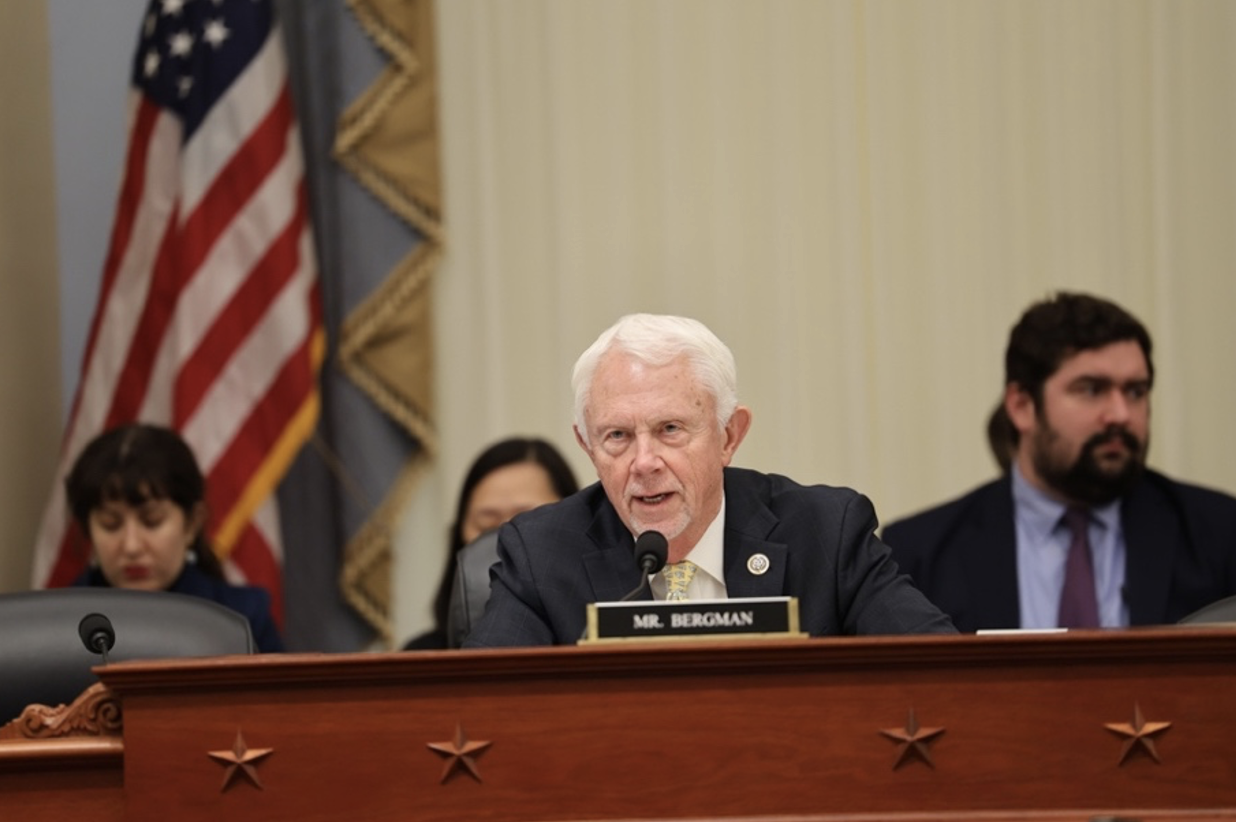
Click HERE to see Oversight Task Force Chair Rep. Bergman’s Statements
"Let’s assume this is not the hearing room, but a family dinner table…How would you explain, at the family dinner table, to your children the problem that we’re dealing with here?
How do you get them personally invested in solving these problems, and understanding their role, potentially, but most importantly, if there is no change in what is happening here with the increasing debt, what the dire nature of the outcomes will be for them? Can you give me, as a grandpa, or anybody else here as a parent, some phrases that will help the next generation understand the dire nature of where we are?"
The Bottom Line:
Yesterday’s hearing was one of many steps that the House Budget Committee has taken toward improving transparency and accuracy of the Congressional Budget Office (CBO).
CBO’s baseline for fiscal years (FY) 2024-2043, CBO reported that the trajectory of our national debt remains unsustainable.
The House Budget Committee has released the following documents to help break down the February 2024 CBO baseline and will continue to promote the accuracy of CBO’s budget projections. With proper oversight of CBO and political will, Congress can continue working to reverse the curse.


